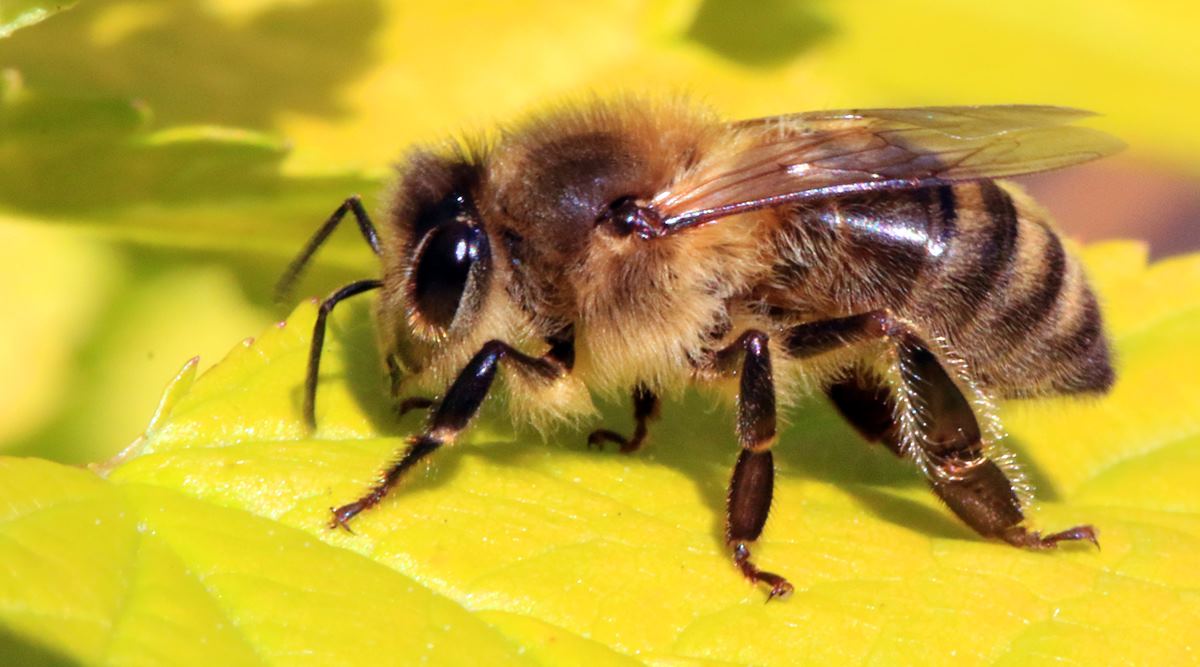 “What happens to pollinators could have huge knock-on effects for humanity,” said lead author Dr Lynn Dicks. (Wikimedia Commons)
“What happens to pollinators could have huge knock-on effects for humanity,” said lead author Dr Lynn Dicks. (Wikimedia Commons) Globally, the populations of major pollinators — bees, butterflies, wasps, beetles, bats, flies, hummingbirds — are declining and we are yet to fully understand the causes and consequences of this. An international study has now created the first planetary risk index across six global regions.
The study notes that the top cause of pollinator loss is habitat destruction or changes in land cover. Land management and pesticide use were also considered very important drivers in most regions. The findings were published yesterday in Nature Ecology and Evolution.
Experts, including our own @LynnDicks, aim to gauge the global causes and potential consequences of declines in the butterflies, bees, moths, bats, etc, that pollinate plants. https://t.co/0xHAOEimWI
— Dept of Zoology (@CamZoology) August 16, 2021
“What happens to pollinators could have huge knock-on effects for humanity,” said lead author Dr Lynn Dicks from Cambridge’s Department of Zoology in a release. “These small creatures play central roles in the world’s ecosystems, including many that humans and other animals rely on for nutrition. If they go, we may be in serious trouble.”
“Crops dependent on pollinators fluctuate more in yield than, for example, cereals,” she noted. “Increasingly unusual climatic phenomena, such as extreme rainfall and temperature, are already affecting crops. Pollinator loss adds further instability – it’s the last thing people need.”
Dr. Dicks added “Pollinators are often the most immediate representatives of the natural world in our daily lives. These are the creatures that captivate us early in life. We notice and feel their loss. Where are the clouds of butterflies in the late summer garden, or the myriad moths fluttering in through open windows at night?…We are in the midst of a species extinction crisis, but for many people that is intangible. Perhaps pollinators are the bellwether of mass extinction.”
The paper adds that losing access to “managed pollinators” is a serious risk in North America. Industrial beehives help pollinate important crops such as apples and almonds. These beehives have already suffered a decline from diseases. Also, fruit and vegetable crops of China and India reliant on pollinators may face the consequences of species decline.
Dr Tom Breeze, co-author and Ecological Economics Research Fellow at the University of Reading, said in the release: “This study highlights just how much we still don’t know about pollinator decline and the impacts this has on human societies, particularly in parts of the developing world…While we have data on how pollinators are doing in regions like Europe, there are significant knowledge gaps in many others. More research is needed on a global level so we can really understand the problems we face, and how we might address them.”
- The Indian Express website has been rated GREEN for its credibility and trustworthiness by Newsguard, a global service that rates news sources for their journalistic standards.

